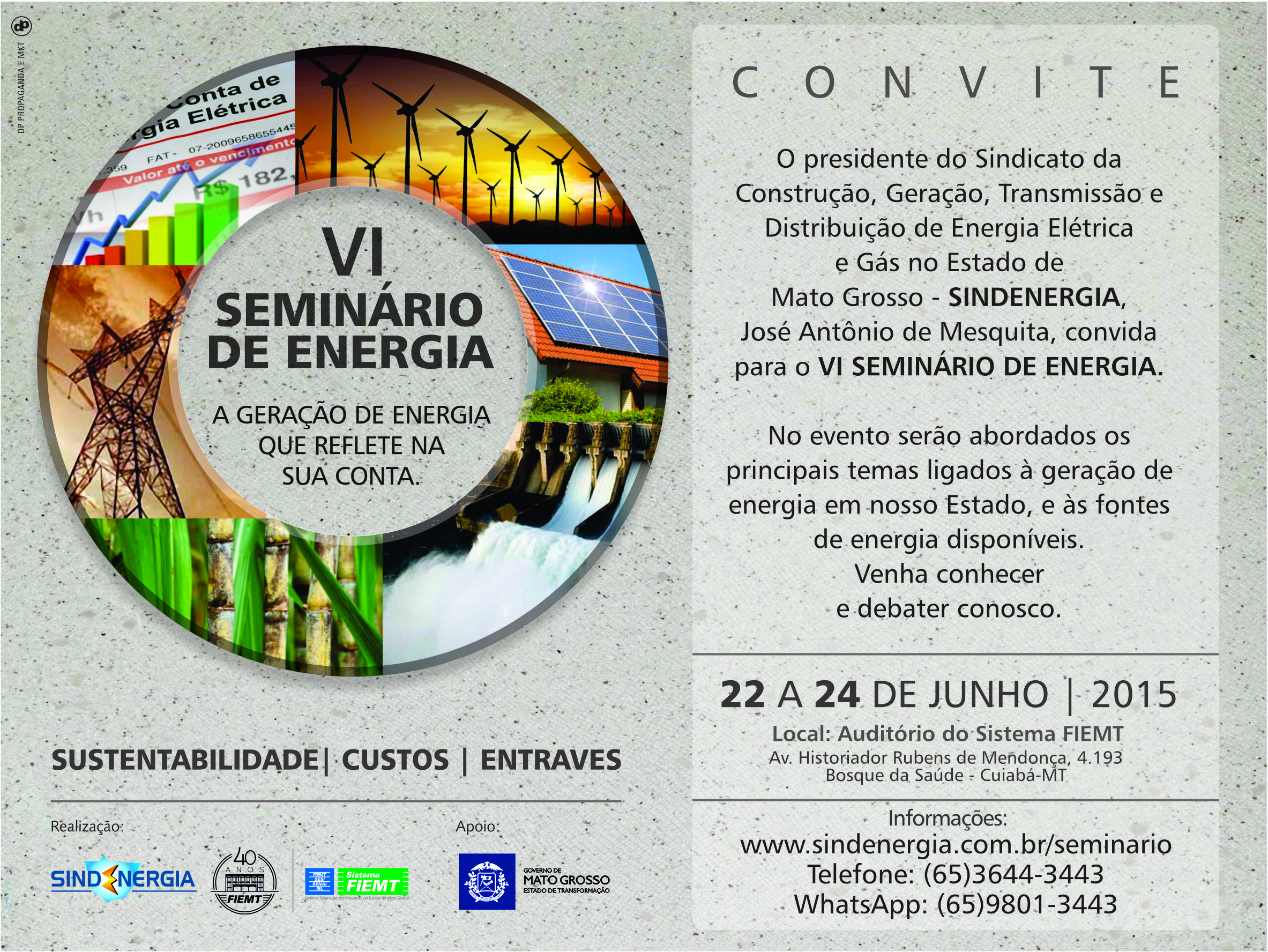Fonte: ANEELAneel’s College Board of Directors has authorized Copel (Paraná Electric Energy Company) to implement the pilot-project which determines the selling of exceeding energy, derived from animal waste, produced in small rural proprieties in Paraná. The project, named Distributed Generation with Environmental Sanitation Project, will allow the elimination of organic matter resulting from the hog creation, which will stop being released over rivers and deposits such as Itaipu’s. Such residue will be transformed, via biodigesters, in biogas, a fuel used in the generation of electric energy.
Aneel’s decision limits the capacity of generation of the undertakings included in the program to the installed 300 kVA (kilovolt-ampere) potency which is worth 270 kilowatts (kW), enough for 60 residential units with an average monthly consumption of 150 kW. Considering the distributed generation *, those microgenerators will have its energy sold exclusively to the distributor, through the public call destined to the contraction of the offered surplus.
The energy contracted by Copel will be discounted off the amount needed for the concessionaire’s consuming market, although it is outside the do financial accounting and liquidation process made by the Electric Energy Commercialization Council (EECC). The transfer of taxes regarding the acquisition of such energy will be, however, limited to the Annual Reference Value (RV)**, which currently is R$139.44 per megawatt (MW).
Another simplified proceeding regarding the involved undertaking’s characteristics is the registration of those plants in Aneel. In order to grant the owners a 100% discount in the Distribution System Use Tax (DSUT), the Agency applied the principles determined by the Aneel’s Nominative Resolution no. 77/2004, which determines the encouragement for biomass undertakings which have as a source biogas or urban garbage combustion. Since the energy will be injected in network under low tension, it was necessary to define a specific use tax for that consuming group, as a means to confer the discount.
Besides the concessionaire, the pilot-project derived from biogas involves Itaipu Binacional, the Paraná Environmental Institute (PEI), the Institute of Technology towards Development (Lactec) and the Parque Tecnológico Itaipu Foundation (PTIF).
Following a determination by the College Board of Directors, the program will be accompanied by Aneel’s technical area, which will perform evaluations seeking to propose, in the future, rules for the commercialization of energy derived from that kind of source. The main goal is to make good use of the potential of the electric energy production from animal waste, already existing in several states, such as Paraná and Santa Catarina.
*Distributed Generation – electric energy generation undertakings connected directly to the distribution network. In the case of hydric sources, only undertakings with a capacity under or equal 30 MW, i.e., minor hydroelectric plants (MEPs).
**Annual Reference Value – limit to transfers to the customers’ taxes concerning the cost of acquisition of electric energy from the auctions carried out, according to what has been established in the Dispatch no. 5163/2004.








